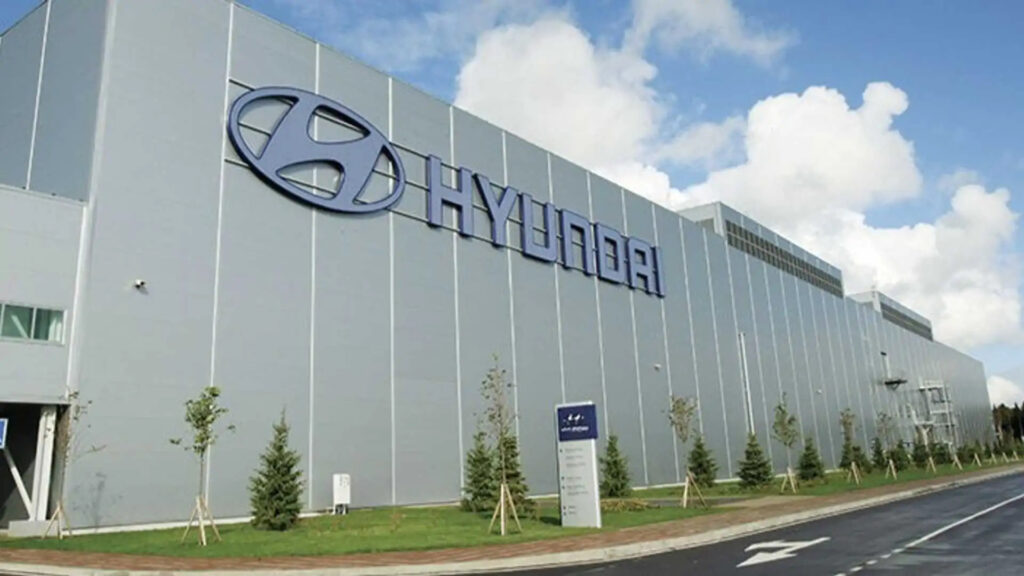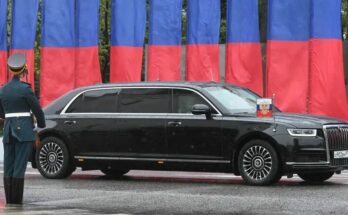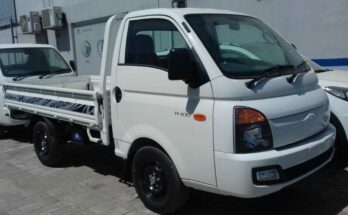Hyundai is thought to be moving closer to selling its factories in Russia and officially leaving the nation in response to Russia’s invasion of Ukraine and ongoing conflict.
The carmaker halted operations in Russia last year and has been considering several departure strategies since then. According to the South Korean television network MBC, Hyundai is in the final stages of negotiating the sale of its factories and is merely awaiting final approval from the Russian government.
Related: Russian State Acquires St. Petersburg Plant from Toyota of Japan
According to Reuters, Hyundai noted that it is reviewing various options for the future of its Russian business and that there are ongoing discussions regarding the sale, but no decision has been finalized at this stage.

The invasion of Ukraine came at a particularly unfortunate time for Hyundai, which in the past produced approximately 200,000 automobiles annually in Russia. In fact, it only acquired a decommissioned General Motors factory in St. Petersburg in December 2020—barely a year before the Russo-Ukrainian War erupted in February 2022. In 2019, together with its affiliate Kia, the duo sold a combined 400,000 vehicles in Russia.
Related: Chinese Automakers Outsell Russia’s Lada in Q1 of 2023
Since the invasion, the Russian auto industry has been severely damaged. In fact, according to data released earlier this year, new car sales fell by 58.8% last year as a result of the war, the sanctions that followed, and the export restrictions that were placed on the nation. In contrast to the 1.6 million automobiles that were delivered in 2021, a total of 687,370 vehicles were sold in Russia last year.

However, the Association of European Businesses predicts that retail sales might increase by 12% to roughly 770,000 automobiles in 2023, signaling an improvement in sales. Chinese automakers, which have managed to account for about 40% of new car sales in the Russian auto market, have largely supplanted the European and Japanese options.

A computer animation professional with over 23 years of industry experience having served in leading organizations, TV channels & production facilities in Pakistan. An avid car enthusiast and petrolhead with an affection to deliver quality content to help shape opinions. Formerly written for PakWheels as well as major publications including Dawn. Founder of CarSpiritPK.com




